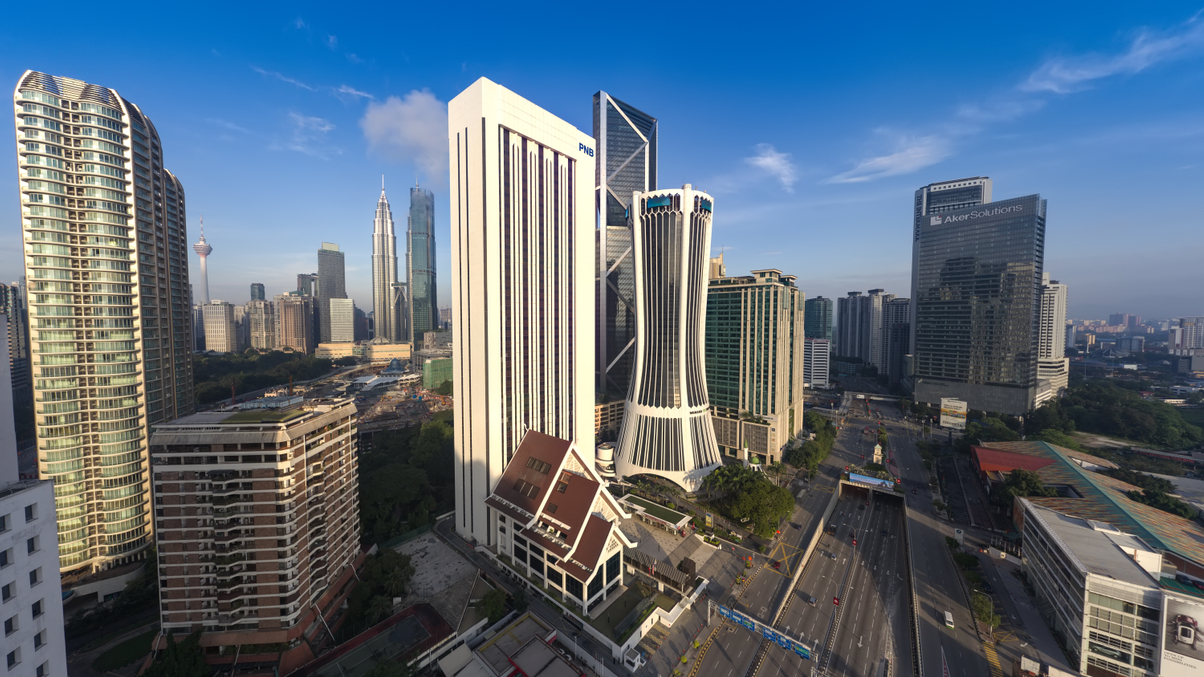Tabung Haji seeks to diversify but fights shy of risky assets
The RM82.64 billion ($20.6 billion) Malaysian Hajj fund, which recently completed a restructure, is looking to diversify globally but remains cautious of risky assets.

Malaysia’s Hajj fund Tabung Haji (TH) is looking to diversify away from Asia Pacific ex-Japan markets into global markets in order to diversify and capture higher risk-adjusted returns, says its executive director of investment Mohamad Damshal Awang Damit.
Sign in to read on!
Registered users get 2 free articles in 30 days.
Subscribers have full unlimited access to AsianInvestor
Not signed up? New users get 2 free articles per month, plus a 7-day unlimited free trial.
¬ Haymarket Media Limited. All rights reserved.


